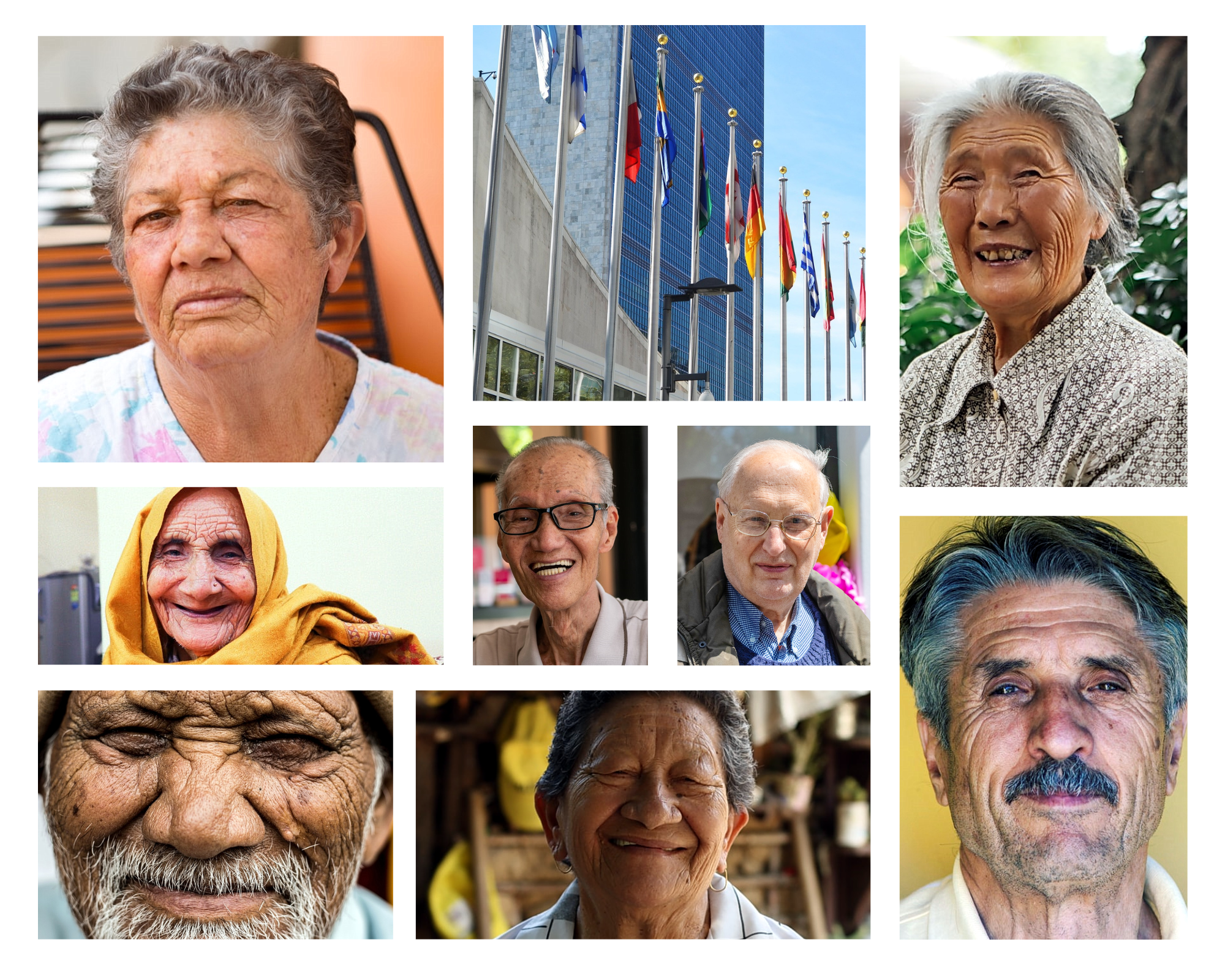UN Convention and the Older Person

United Nations (UN) Conventions
A UN convention is an international treaty that binds countries once adopted at the UN General Assembly and ratified back home in the country. Countries with ratified treaties report their implementation progress to the UN Human Rights Council for peer review. This review process encourages global dialogue and establishes accountability. It improves the protection and enjoyment of human rights.
A Convention is a Catalyst for Change
Older people suffered disproportionately from the COVID pandemic. We saw systematic health, social, and public policies, programs, and services gaps. These experiences are not localized but global.
The crux of the issue is that we do not have universal human rights standards for life in older age. With such standards and a framework, the older person is visible as a rights holder. Women, children, and people with disabilities are protected and recognized by their specialized conventions.
The time is now for a UN Convention on the Rights of Older People
A UN convention will affirm older people as rights holders. It will set human rights standards with a holistic approach that reflects life in the elder years.
A UN convention on the rights of older people will:
- Prohibit age discrimination and ageism.
- Set minimal universal human rights standards to recognize our potential and challenges in older age.
- Ensure the full enjoyment of human rights in older age, including those not codified in existing conventions, such as palliative care and long-term care.
- Require governments to collect disaggregated data, develop monitoring indicators, and establish laws, policies, and programs that account for the rights and concerns of older persons in all their diversity.
- Codify the human rights of older persons into one framework.
- Support the mainstreaming of older person’s human rights in existing conventions, such as those on economic, social, cultural, political, and civic rights.
Hear what experts say about the UN convention and the older person.

